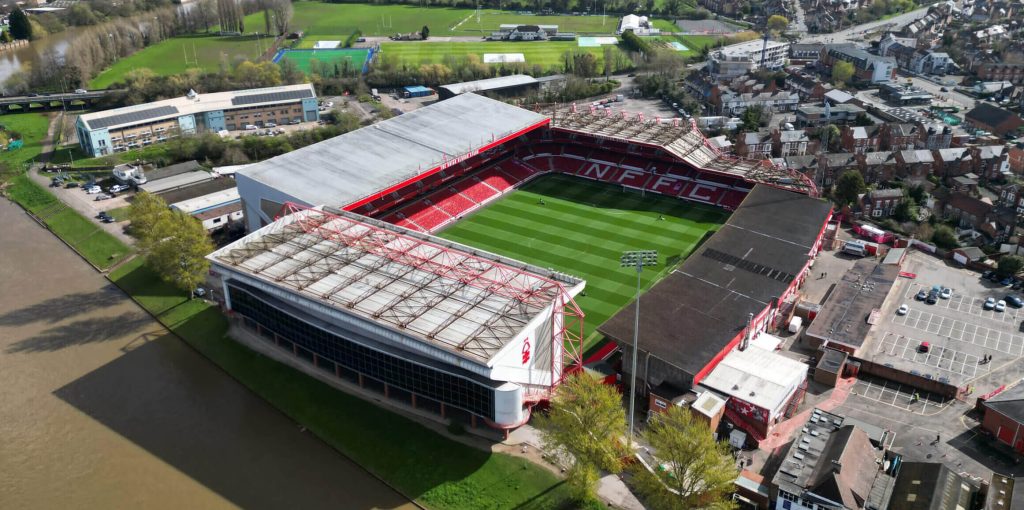The dispute between Nottingham Forest and Nottingham City Council over the lease of the City Ground has escalated the possibility of a stadium move. Forest’s chairman, Tom Cartledge, expressed frustration at the lack of communication from the council, leading the club to consider other options. Plans to upgrade the City Ground into a 40,000-capacity stadium are now in limbo, with work on new executive suites put on hold.
The club is exploring alternative sites, such as Toton, for a potential new stadium with a capacity of 50,000. While this decision could be seismic for the club, it has sparked debate among fans about the significance of moving from their historic home. Forest’s need to generate more revenue and accommodate more fans on non-matchdays has pushed them to consider all options, including building a new stadium elsewhere.
The club’s recent dispute with the council has also affected plans for a new training ground, with a deal falling through due to financial disagreements. Forest is now looking into more ambitious options, inspired by Manchester City’s model of having a stadium and training ground on the same complex. The club is exploring potential sites in the suburbs, including areas near Notts County’s stadium, in addition to Toton.
The history of disputes over lease agreements between Forest and the council adds complexity to the current situation. Forest feels the council’s proposed terms are unreasonable, leading to a stalemate in negotiations. The issue is further complicated by the council’s financial struggles and the involvement of government-appointed commissioners in decision-making. Despite frustrations, Forest remains proactive in seeking a resolution.
Regardless of the deadlock with the council, Forest is committed to sustainability initiatives, including installing safe-standing areas and solar panels at the City Ground. Owner Evangelos Marinakis is determined to reduce the club’s carbon footprint, whether they stay at the current location or move elsewhere. The club is also working with energy partners like E.ON to explore off-grid and carbon-neutral options for any potential new stadium projects.















